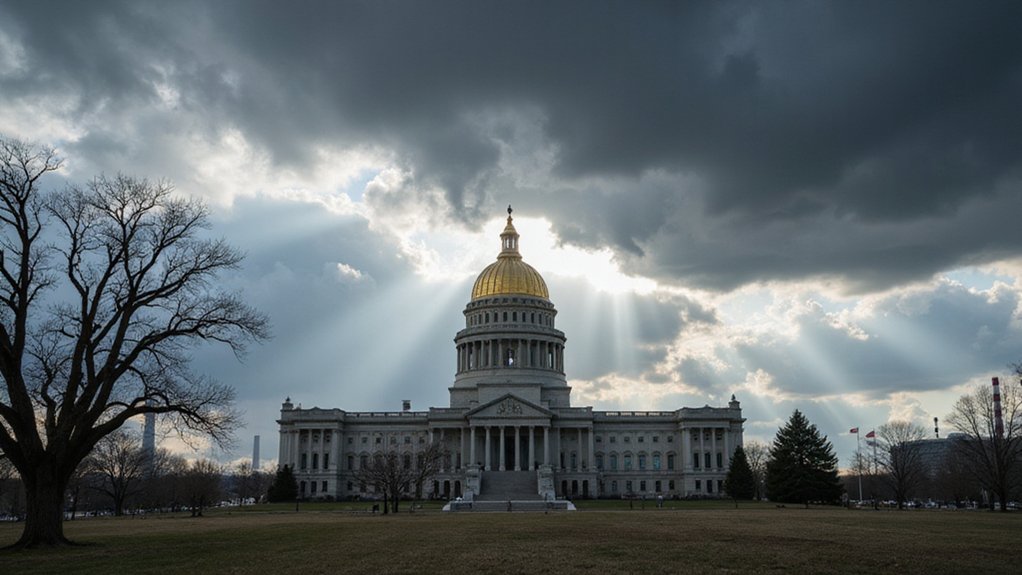Tennessee’s new energy law has sparked debate across the state. Local governments can no longer set stricter clean energy standards than those at the state level. The law also redefines “clean energy” to include natural gas alongside solar and wind power. Supporters say it creates a consistent business environment. Critics argue it takes away local control and slows climate progress. The conflict raises important questions about who should decide a community’s energy future.
Tennessee’s recent energy law, passed by the state Senate with a decisive 25-5 vote, will profoundly change how local governments can regulate energy sources. The bill, which goes into effect July 1, 2025, prevents cities and counties from excluding specific energy sources in their ordinances. All five “no” votes came from Democratic senators, highlighting the partisan divide on this issue.
The law redefines “clean energy” to include a wide range of sources. Natural gas, often criticized for its environmental impact, now joins solar, wind, and geothermal on the state’s list of clean energy options. Utilities need only use one of 19 specified sources to meet clean energy standards. This redefinition has been met with strong opposition from climate scientists who argue it undermines environmental protection efforts.
Tennessee’s redefinition of clean energy now embraces natural gas alongside renewable sources, diluting standards with 19 qualifying options.
Supporters say the law creates “regulatory certainty” that will attract business investment to Tennessee. Republican lawmakers frame it as pro-business legislation that protects consumer choice and supports economic growth.
Critics view the measure differently. They call it a “fossil fuel protection act” that uses greenwashing tactics to maintain the status quo. Environmental advocates worry it will hinder climate action at the local level. This concern is justified given that the power sector contributes 25% of greenhouse gas emissions nationwide.
The law’s impact on local authority is significant. Despite Tennessee being a “home rule” state, where local governments typically have some independence, this legislation limits their power to set stricter clean energy standards. Communities that once had the autonomy to pursue ambitious climate goals must now follow the state’s broader definition.
This change comes as Tennessee already ranks poorly in several energy categories. The state is 29th in energy efficiency, 25th in solar power, and 38th in wind energy. For corporate access to renewable energy, Tennessee ranks near the bottom at 44th nationally.
The debate reflects wider tensions between state and local control. Supporters believe uniform standards across Tennessee will benefit everyone. Opponents argue that communities should have the independence to pursue cleaner energy futures if they choose, without state interference.









